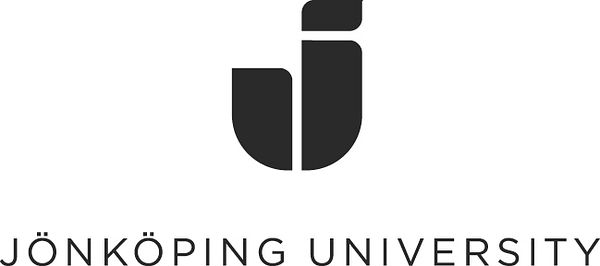Press release -
Resources and discourses – two sides of entrepreneurial identity
Immigrant women entrepreneurs are not a homogenous group, but their collective stories can tell us something about the intersection between ethnicity, gender and class, and bring together two separate tracks in entrepreneurship research.
Huriye Aygören recently defended her PhD thesis Entrepreneurial identity formation-in-practice: Immigrant women entrepreneurs' lived practices and experiences within gender, ethnicity and class relations at Jönköping International Business School, Jönköping University. When she first started to study entrepreneurship, she noticed that there were two very different research tracks. One looked at the individual level, the other at society level.
“I wanted to bring those two tracks together, and to look at identity in relation to social position”, says Huriye. “My starting point was gender and ethnicity, and I chose to study women entrepreneurs who had immigrated to Sweden from Turkey. But when I started my field work, I was a little surprised to find three very distinct groups among them, and I realised I had to add class as a third aspect.”
The first group came to Sweden in the 70’s, usually following their brothers or fathers who were migrant workers. These women came from small towns, married early, and had no higher education. For them, becoming entrepreneurs was a way of telling the world that they could prove something for themselves. At the time of the interviews they were all divorced, and had gone against the cultural conventions of their community. But they were still not accepted as “Swedish women”, so they found their place in entrepreneurship. What they earned, they spent on travelling and other things they could enjoy.
The second group were political refugees who came to Sweden in the 80’s. They were highly educated, coming from urban areas and already established professionally. In Turkey they had been civic leaders, and they felt downgraded in terms of class by becoming immigrants, and exposed to prejudice from the Swedish society. Entrepreneurship enabled them to claim recognition. They learned new strategies and accumulated capital.
The third group also came in the 70’s. They were working class but independent, without higher education but economically established and not confined in rigid gender roles. These women were not troubled by being immigrants, or by being women. Their motivation was care and empathy; they wanted to give something to society and profit was not their main interest.
For all three groups, their cultural capital was really important, and they converted cultural capital to material capital. Huriye Aygören’s research also shows that entrepreneurship is not only liberating or only subjugating. It can be both, to different groups of people. Agency, the socio-culturally mediated capability to act, is the heart of entrepreneurship. But people have different abilities to act, different degrees of agency, depending on their situation.
“I have found that material recourses and discourses needs to be looked at together, not separately, because they are so intertwined”, says Huriye. “In the end, my thesis is about equality or inequality, but not as a fixed thing but showing that it takes a dynamic process. Indeed, entrepreneurship gave these women purpose.”
For more information, please contact: huriye.aygoren@ju.se
Related links
Topics
- University, University College
Categories
- jönköping international business school
Jönköping University Foundation is one of three independent institutions of higher education in Sweden offering postgraduate programmes. It is characterised by focused profiles, internationalisation, an entrepreneurial spirit and collaboration with surrounding society. Research and education are carried out at four schools: Jönköping International Business School, School of Education and Communication, School of Engineering and School of Health and Welfare. Jönköping University has some 10,000 registered students, 725 employees and a turnover of approximately SEK 800 million.
